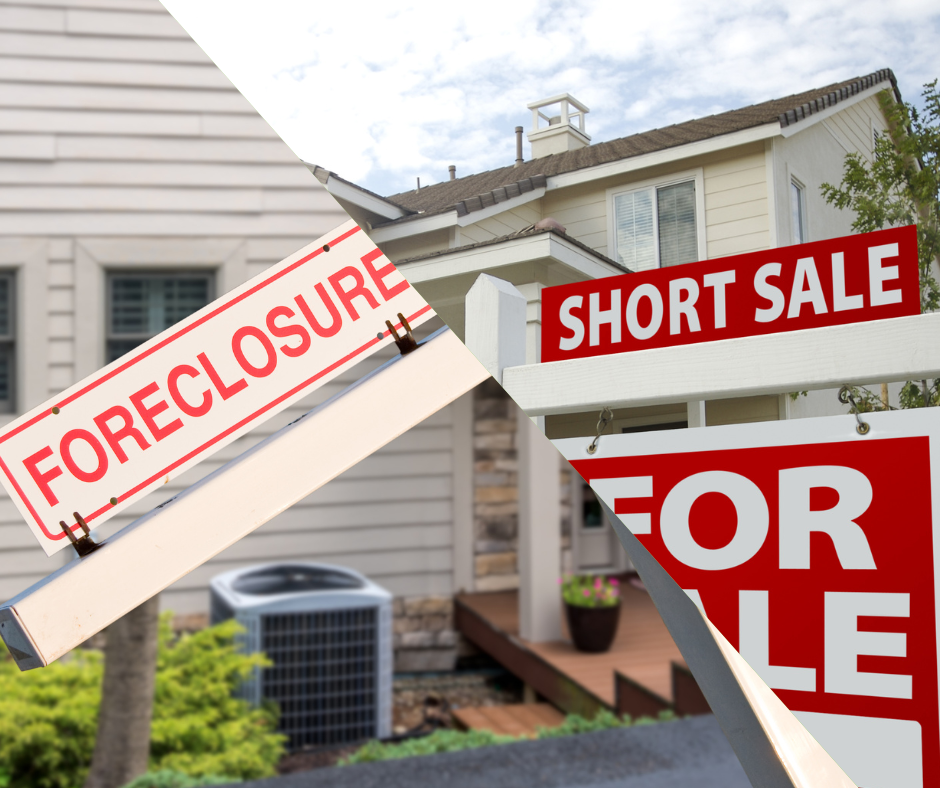
In the challenging world of mortgage loans and financial distress, homeowners often confront the decision between a short sale and foreclosure. Both options present different impacts and require unique strategies. This article explores the nuances of short sale vs foreclosure, offering insights for homeowners to navigate these difficult choices.
1. The Conceptual Difference Between Short Sale and Foreclosure
A short sale and foreclosure differ in terms of control over the sale and the homeowner’s status. In a short sale, homeowners retain the ability to sell their property, often when their mortgage debt exceeds the property’s value, impacting their credit rating.
2. Navigating the Short Sale Process with Real Estate Agents

In a short sale, homeowners facing financial hardship collaborate with a real estate agent to facilitate the sale. This process, which necessitates lender approval, aims to sell the property at a fair market value to manage mortgage debt effectively. Short-sale transactions are strategic for homeowners to mitigate the negative impact on their credit scores and overall financial situation.
3. Understanding the Foreclosure Procedure
Foreclosure, initiated by the mortgage holder, occurs when mortgage payments are not met. This legal process can lead to a foreclosure auction, selling the property as a distressed property. The foreclosure process significantly affects the homeowner’s credit rating and prospects in the housing market.
4. The Role of Banks in Short Sales and Foreclosures
Banks play pivotal roles in both short sales and foreclosures. In short sales, they determine the sale price’s acceptance, while in foreclosures, they become the sellers, handling sale transactions to recover the mortgage balance.
5. Opportunities and Challenges for Homeowners
Homeowners in financial distress might consider short-sale homes as an alternative to manage mortgage debt. Fannie Mae offers guidance and programs for such homeowners. The choice between a traditional sale, short sale, or foreclosure depends on various factors, including the homeowner’s financial situation and the real estate market conditions.
6. Strategies for Navigating Financial Challenges
Homeowners should understand all available options. Consulting real estate professionals, comprehending the impact on credit scores, and exploring programs by Fannie Mae are crucial steps. Being proactive can provide more control and potentially less damaging financial outcomes.
Conclusion
The decision between a short sale vs foreclosure is significant and can have long-lasting financial implications. A short sale offers more control to the homeowner but requires cooperation with the lender. Foreclosure, while more straightforward, results in the homeowner losing their property and often has a more significant negative impact on credit. Understanding these options, their processes and their implications is vital for any homeowner navigating financial difficulties with their mortgage.

